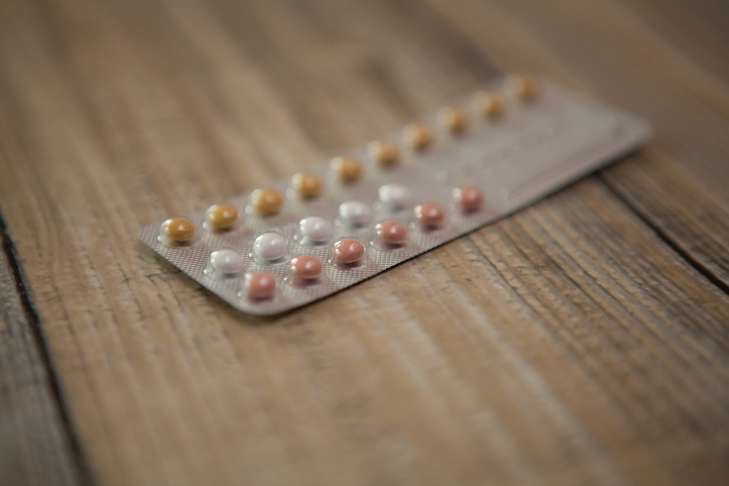Hormones are biologically active substances that regulate all processes in the body.
They are responsible for emotions and sleep quality, metabolism and appetite, as well as growth, development, the ability to bear and give birth to children and many other functions.
How hormones affect a person's mood
Thyroid hormones regulate metabolism, affect emotions, mood, and the body’s resistance to stress and stress.

Their deficiency can lead to serious mental problems, ranging from mild disorders to severe mental disorders.
The higher your cortisol levels, the lower your levels of “happy” hormones.
The lower your level of the “happiness” hormone, the lower your level of the stress hormone.
Typically, cortisol is produced in the morning because in ancient times we needed stress in order to leave the cave and get food.
Melatonin is produced by the pineal gland in the brain during sleep. Its abnormally low levels cause depression and psychosis.
Disturbances in the rhythm of melatonin secretion are also dangerous due to seasonal emotional deviations.
The study of melatonin is now of a scientific nature; it has not yet been determined in clinical laboratories.
Which hormone is responsible for mental state
Serotonin is the hormone of happiness, its release into the blood gives us a good mood, helps fight stress, gives us a feeling of importance and respect from others, and a deficiency leads to depression.
We previously talked about how menopause affects mental health.












